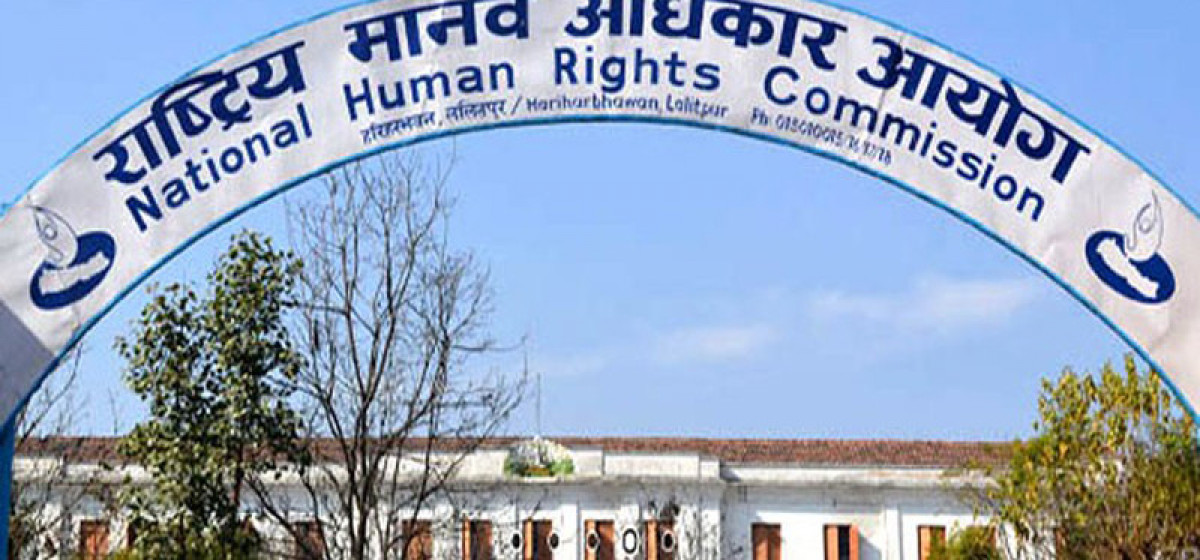In the recent meeting of the House of Representatives, Rastriya Swatantra Party (RSP) lawmaker Manish Jha raised a pertinent question about the relevance of the post of Vice President in the country. This issue has sparked a much-needed debate on the need for reforming constitutional provisions to ensure efficient governance. The questions being raised both inside and outside the Parliament indicate the necessity for improvement in the future. Lawmaker Jha rightly pointed out that the role of the Vice President has been limited to ceremonial duties, such as cutting cakes and accepting toast proposals at various events organized by diplomatic missions. While it is essential to have high-level representation of our country in such programs, it is clear that our government office bearers are not being effectively utilized for this purpose. Consequently, it is imperative to redefine their roles and responsibilities and amend the constitution accordingly. Positions that do not have substantial responsibilities should be eliminated to optimize governmental functioning.
Furthermore, lawmaker Jha suggested that the Speaker of the National Assembly should assume the responsibilities of the Vice President if the latter's role is deemed unnecessary. The Indian system provides an interesting model in this regard, where the Vice President presides over the Rajya Sabha and serves as the ex-officio Speaker. The Vice President is elected by the Assembly, and a group of vice-presidents is selected to ensure continuity in case of absence. A similar arrangement can be considered for our House of Representatives and National Assembly, where a predetermined person can preside over the assembly in the absence of the Speaker and Deputy Speaker. The current state of affairs in the country demands that officials handle increasing workloads with limited resources. With multiple governments operating at both the federal, provincial, and local levels due to federalism, there is an excessive number of politicians serving in various capacities at the expense of taxpayers' money. We must be clear that the purpose of the state is not to provide employment for politicians; rather, it should focus on streamlining the system by eliminating unnecessary positions. By doing so, we can mitigate the widespread discontent among the general public against the current system of governance.
All seven constitutional commissions remain ineffective

Additionally, there has been ongoing discussion about directly electing the 275-member House of Representatives and transitioning the 59-member National Assembly to a proportional election system. However, the proportional electoral system has been subject to misuse by major political parties, leading to nepotism and favoritism rather than selecting individuals who contribute meaningfully to national development. The current system allows parties to increase their seat count through proportional representation, even if they perform poorly in direct elections. It is essential to address these issues and improve the proportional electoral system to ensure fair representation and effective governance. Similarly, the National Assembly should comprise individuals who have made significant contributions to the nation. Rather than appointing people based on personal affiliations, these positions should be awarded to those who possess the capabilities to contribute meaningfully to the country. Drawing inspiration from the British parliamentary system, our National Assembly should function as a house of enlightened individuals.
To prevent the distortion of our political system, it is crucial to critically evaluate the conception and application of the constitution. We must address the problems encountered in its implementation and consider revising it when necessary. If improvements cannot be made, we must explore alternative approaches. Additionally, the current debates surrounding federalism warrant attention. While concerns have been raised about the chaos it has caused, there is a lack of discussion regarding the benefits it can offer. It is essential to weigh both the pros and cons to make informed decisions. The country is currently facing a gradual drift towards extremism, with a growing tendency to disregard the constitution, laws, courts, and established systems. We must utilize the constitution to its full potential, ensuring that it serves the best interests of all citizens. The concerns raised by parliamentarians regarding the application of the constitution in the current parliamentary session deserve special attention. Regular revision and modification of constitutional provisions should be undertaken to align them with the evolving needs of the nation. It is the responsibility of our leaders to ensure that our constitutional framework remains robust and serves as a guiding principle for the nation.








_20230329122016.jpg)

























